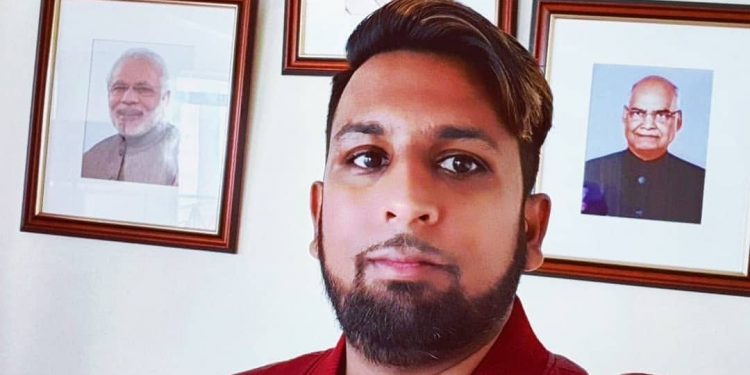When I first got assigned to my Form One class in secondary school, I had the pleasure of having one of the kindest and most compassionate persons assigned as my form teacher, who was meant to remain with this class for three years until we were drafted into more technically focussed classes in Form Four. Truth be told, many of the teachers at this school at the time were excellent educators and mentors, but this form teacher stood out due to how much she truly cared about her students, not only in their academic studies but also in how they were being moulded into adulthood. This is why it came as a complete shock and betrayal to her in Form Two when she learned that with the exception of four students, me being the only boy included in the group of students who maintained two good shoes, everyone else had been consuming alcohol and in some cases passing out drunk during classes while under her supervision. And because she felt some amount of guilt or failure or both in the actions of her students, she not only left our class at the end of the academic year but resigned from teaching altogether.
For years I thought I agreed with her decision to leave, because of the disappointment she must have felt having devoted her life to her students and her craft only to have all be for naught. And I can’t imagine what effect this might have had on her own mental and emotional state at the time, even though I do remember her talking at length about how hurt she felt by the matter. But looking back at it now, having matured over the years and seeing the deterioration of the education system in this country, I wonder what effect her abandonment might have had on the students that she was leaving behind. Though she spent only a brief two years teaching our class, this was an extremely formative time in an adolescent child’s life and in this situation, you have a cry for help coming from a majority of the class being met with blunt rejection and abandonment. Might it not have been better and more beneficial for all parties involved if she remained as our form teacher for the final year and helped all of us move past this matter together, thereby healing any wounds that might have been opened along the way? But was that even her responsibility as a teacher, and if not, was she obliged to do so anyway? The reality is that after she left there just was no one left who cared enough to address the situation, more than to simply punish anyone who was caught drinking, and therefore the only lesson that anyone learned was simply how not to get caught, rather than have any meaningful intervention that might have caused some positive change in their lives and maybe even lured them away from the bottle that was only adding to their problems in the long run.
So, there has been much discussion on what punishment ought to be doled out to those responsible for the death of Jayden Lalchan, but I pose this question to you first, if tomorrow morning you were to wake up and find out that all of those who shared a hand in Jayden’s death had met the same fate, would you really feel any better? But in identifying who is to blame for the death of Jayden Lalchan we must look past the outcome of the situation and focus our attention on the cause. While we can blame the bullies who instigated the situation and the school administrators who failed to intervene in time, no one has addressed what measures might have been needed to prevent Jayden from taking this final step. Because at the end of the day, it is clear that Jayden must have felt that this was the only solution left available to him, and that is the situation that so many children find themselves in but has yet to be addressed. While parents and teachers might be able to protect a child from external antagonists, the sad reality is that there is nothing in place to protect against the dark and harmful thoughts inside of their own heads.
The truth of the matter is that bullies exist in every facet of society, even as high up as the Parliamentary level in some cases. While we must do everything we can to protect against bullying, the thing that gets ignored is the mental state of the victim as this is happening. Because school administrators treat students as customers that they are training rather than actual human beings there is no care and consideration for the emotional state of these children and the reasons behind them, hence the reason that school bullying, violence and victimhood are at an all-time high. As such, it must be a priority for any future government for psychological counselling to be made universally available to students to teach them to cope with depression, harassment, loneliness, social awkwardness and any other mental health issues that students may develop during puberty and adolescence. Because until bullying is eradicated entirely from our schools and society, we need to at least ensure that our young people have the tools necessary to handle the situation without having to resort to the most extreme solutions.
Best regards,
Ravi Balgobin Maharaj

































































